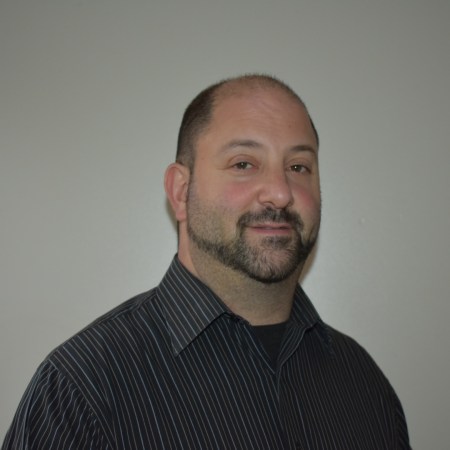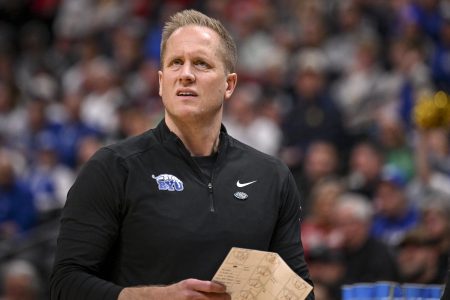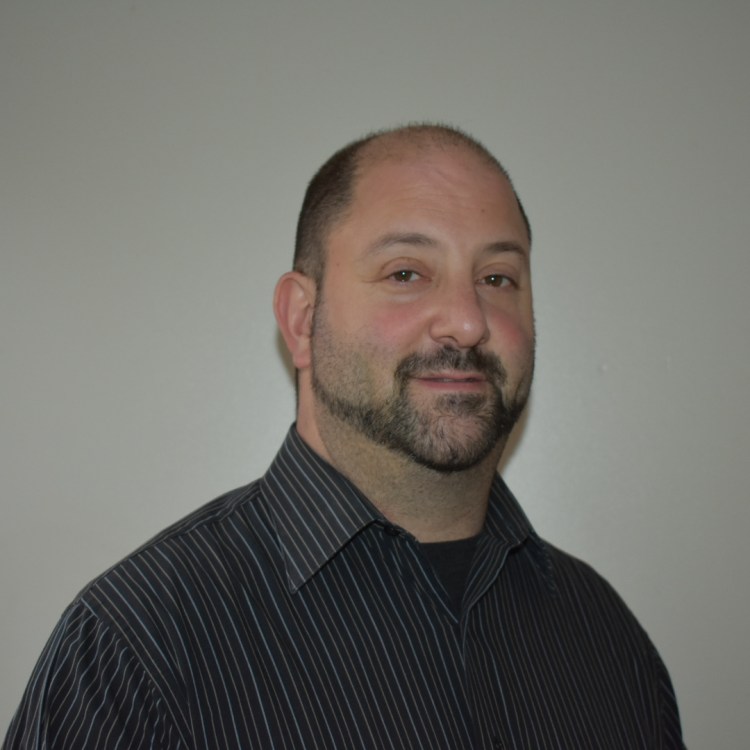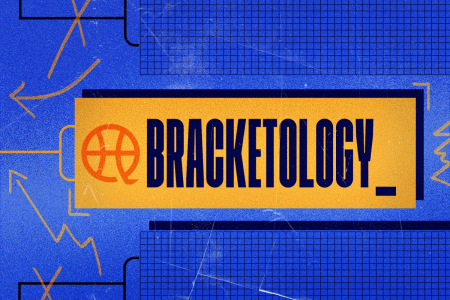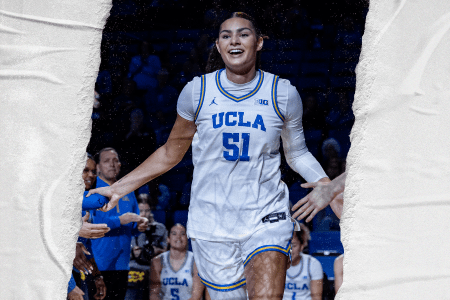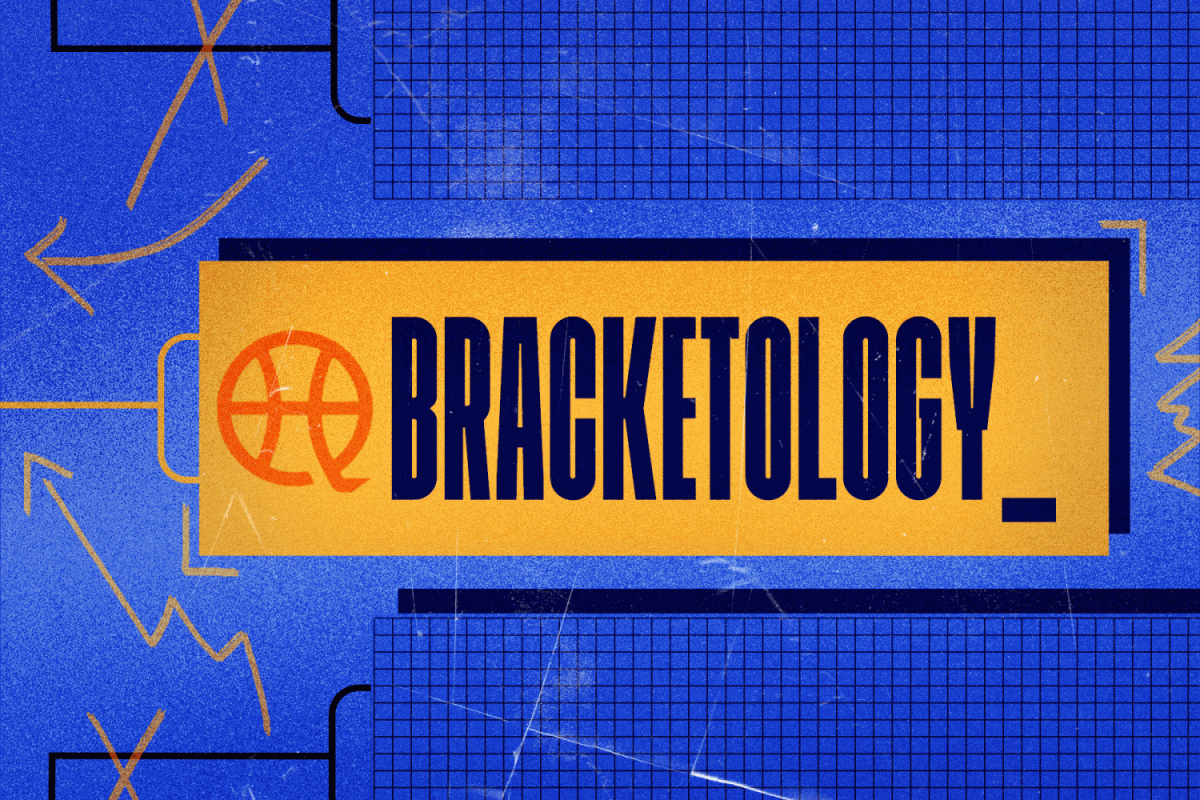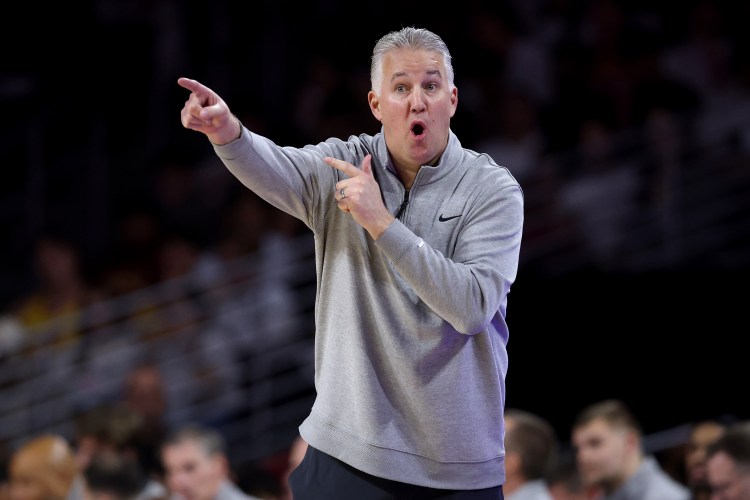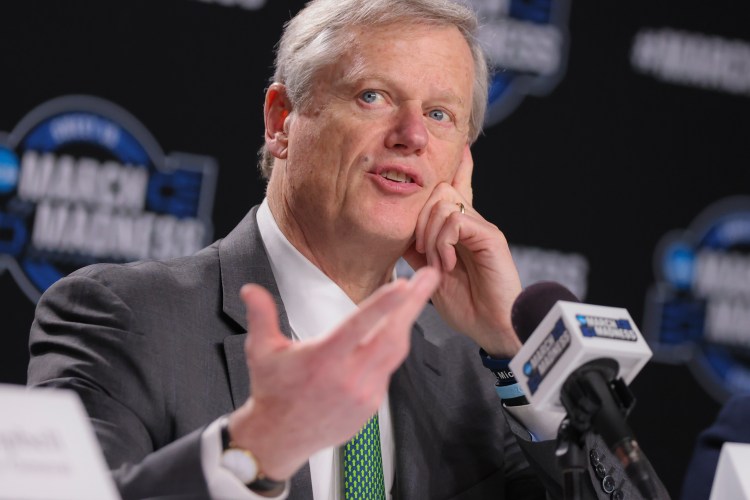For the last 23 years, Florida State’s men’s basketball program has ably been led by Leonard Hamilton, who took the Seminoles to eight NCAA Tournaments, three Sweet Sixteens and the 2018 Elite Eight. It was an impressive run at a traditional football power, but as things petered out the last few years, Hamilton, 76, recognized the program was headed for a change whether he liked it or not. He announced in early February that he would be retiring at the end of the season.
The timing of that announcement gave the school an extended runway to figure out who would be Hamilton’s successor. That decision was made on March 9, when Luke Loucks was given the job. The decision was a major reversal from Hamilton in many ways. At 35, Loucks is a whopping 42 years younger than Hamilton and is now the youngest coach in the ACC. He has never been a head coach before and never coached anywhere in college. After playing for Hamilton at FSU from 2012-16, Loucks spent four years playing overseas and in the NBA G League. He spent the previous eight years as an NBA assistant coach with the Golden State Warriors and Sacramento Kings.
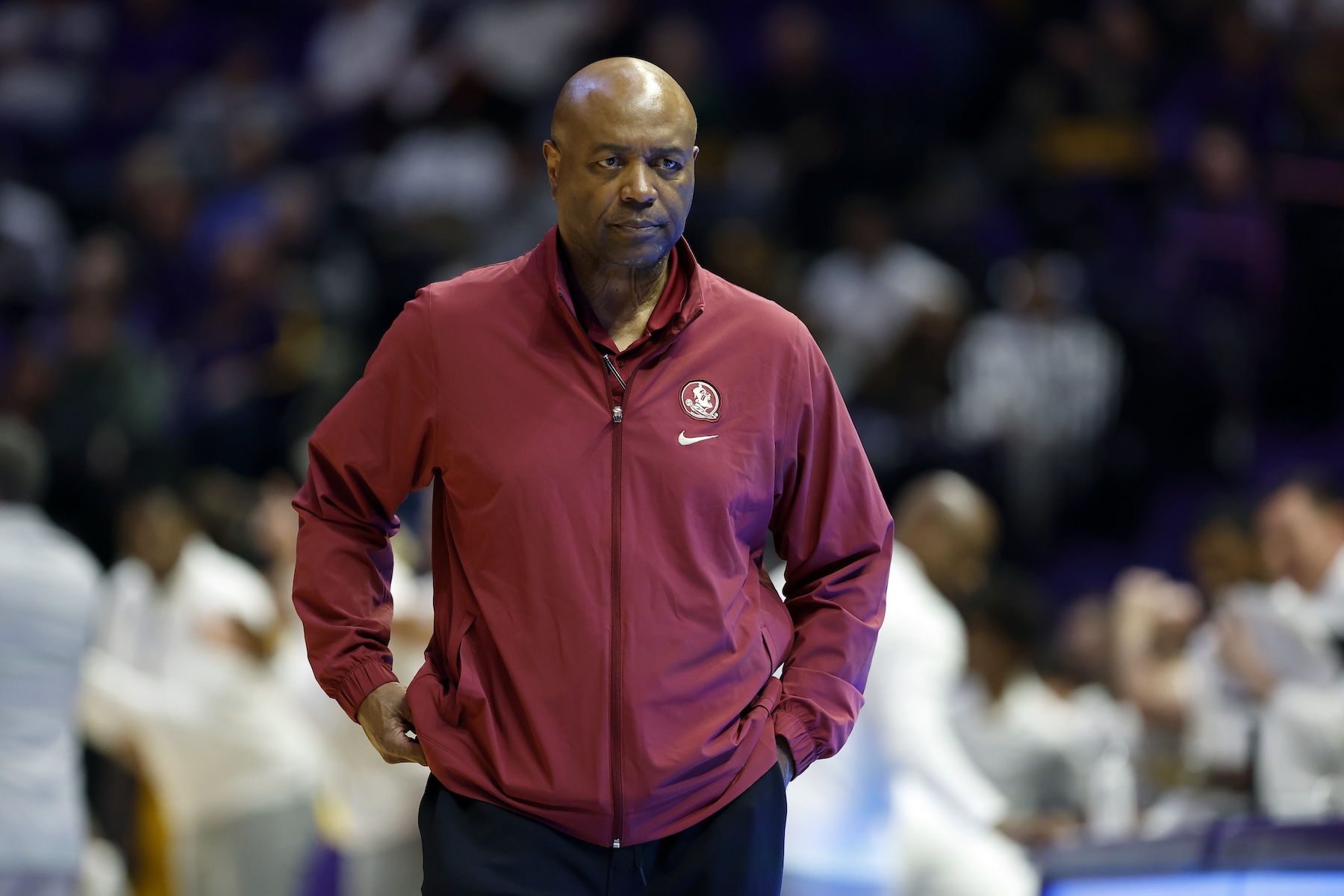
The idea that such a resume is unconventional is quickly becoming outdated as college sports has moved at rapid speed towards a professional model. Schools like BYU (Kevin Young) and Utah (Alex Jensen) likewise tapped NBA assistant coaches to lead them into the new era. So while there has been some skepticism from the public — and negative recruiting from his peers — regarding Loucks’ supposedly thin resume, he prefers to see the advantages.
“I think it’s hilarious,” Loucks told Hoops HQ. “Yes, I’m coming from the NBA. What I’m trying to do is create a pipeline to professional sports for these kids who come play for me. Obviously, I want to win games and hopefully win ACC championships, but at the same time, I need to create a partnership with each and every player on my roster that I’m going to help them get to where I’m coming from.”
Loucks’ longtime friend and new assistant, Michael Fly, whose 19-year coaching career in the NBA and college includes head coaching stints at Florida Gulf Coast and Jacksonville, has heard the same chatter during his efforts to bring new players to Tallahassee. “We’ve had coaches and families tell us that people who are recruiting against us will say that. ‘First time head coach. Never been in college,’” Fly said. “We kind of laugh in the room and say, ‘Yeah, that’s a good thing. It’s a good thing that Coach is coming from the highest level.’”
Loucks, who calls Florida State his “dream job,” plans to employ an NBA-style system that emphasizes efficiency and possession. He wants the Seminoles to play with the pace and spacing of the pro game, focusing on aggressively attacking the rim on offense and pressuring the ball and communicating on defense. “Some of the things, offensively and defensively, that a lot of college coaches do are pretty far behind what’s going on in the NBA,” said Fly, who went 56-60 in four seasons at Florida Gulf Coast.
BYU’s NBA Model: There Is a “Plan for Everything”
Every aspect of the Cougars’ team — analytics, nutrition, a rim-and-3s offense — follows a blueprint that Coach Kevin Young installed after six years as an NBA assistant
Loucks is also working to install pro concepts in development, strength and conditioning and nutrition. With the potential that the impending House settlement will bring some form of salary cap, Loucks envisions a tiered salary system, not unlike NBA salary slots. “The structure will mirror professional sports because that’s what I know,” he said. “I know there’s a way to train, I know there’s a way to operate, both on an individual level for our players and a collective level for our team, that leads to results.”
Like most new coaches, Loucks has spent much of the last few weeks busily working to replenish his roster. Several of FSU’s top players from last season — including Jamir Watkins, Malique Ewin, Daquan Davis and Taylor Bol Bowen — have entered the transfer portal. Loucks has landed transfer commitments from Drexel guard Kobe Magee, Clemson forward Chauncey Wiggins, Jacksonville guard Robert McCray and St. Bonaventure forward Lajae Jones.
As an FSU grad and die-hard Seminoles football fan. Loucks understands that football is “the engine that drives the car” in Tallahassee. His program doesn’t have the same NIL warchest as some other ACC programs, so building up fundraising has been one of Louck’s first priorities on the job. “We’ve got some ground to make up,” he said, candidly.
Of the 15 men who led ACC programs in 2024-25, only three had never previously been head coaches — Duke’s Jon Scheyer, North Carolina’s Hubert Davis and Syracuse’s Adrian Autry. Unlike Loucks, all three were internal promotions, moving up from assistant jobs to take over at their alma maters. To mitigate any disadvantage there, Loucks hired two former college head coaches in Fly, who was the video coordinator for Hamilton at FSU in Loucks’ freshman year, and former Chicago State coach Gerald Gillion.

Loucks shrugs off the negative recruiting. “A lot of those guys who need to use those tactics, they’re not comfortable with what they’re selling,” he said. “It’s almost been comical to hear some of the stories get back to you. When you don’t have a great product to sell, you have to negatively recruit against other people.”
Loucks recalled hearing similar talk about Hamilton when Loucks was a prospect at Clearwater (Fla.) High School. Other coaches warned Loucks that Hamilton was on the proverbial “hot seat,” but Loucks didn’t listen. Instead, he signed with Florida State and helped Hamilton lead the program to four straight NCAA Tournaments and a Sweet Sixteen. Hamilton remained a close mentor to Loucks during his playing and coaching career. There are many things Loucks has taken from Hamilton, but he also understands the job is dramatically different from the one Hamilton signed up for back in 2002. “What we’re doing is completely different from what he started with here,” Loucks said. “There’s NIL, a lot of fundraising, a lot of dinners, so many moving parts to the college game now. In a lot of ways it functions as almost a mini-professional sports league.”
If college is going to operate like pro sports, it makes sense to hire a pro coach. It’s a plausible theory that more schools are looking to implement. Now, it’s up to Loucks to make it work.
